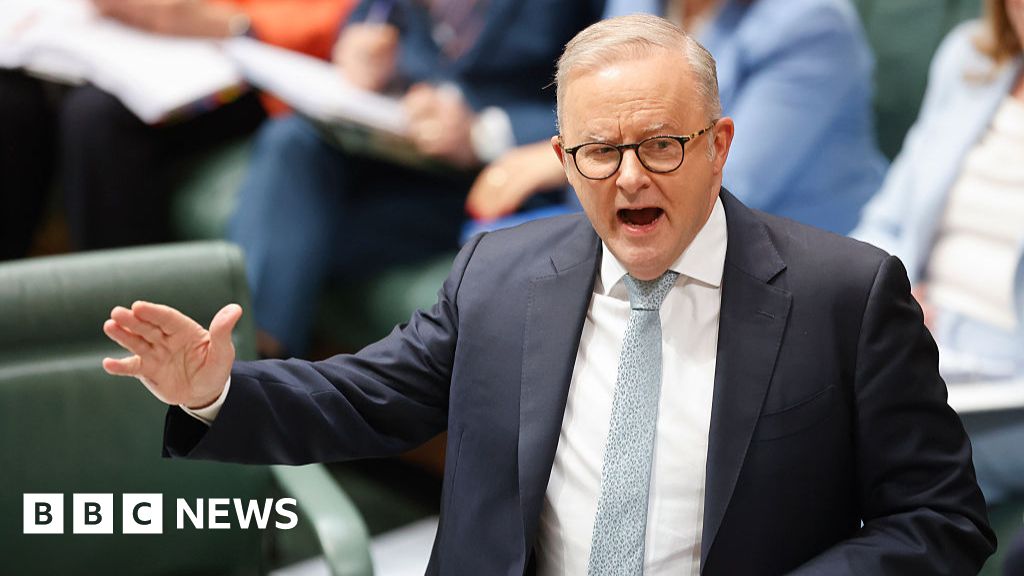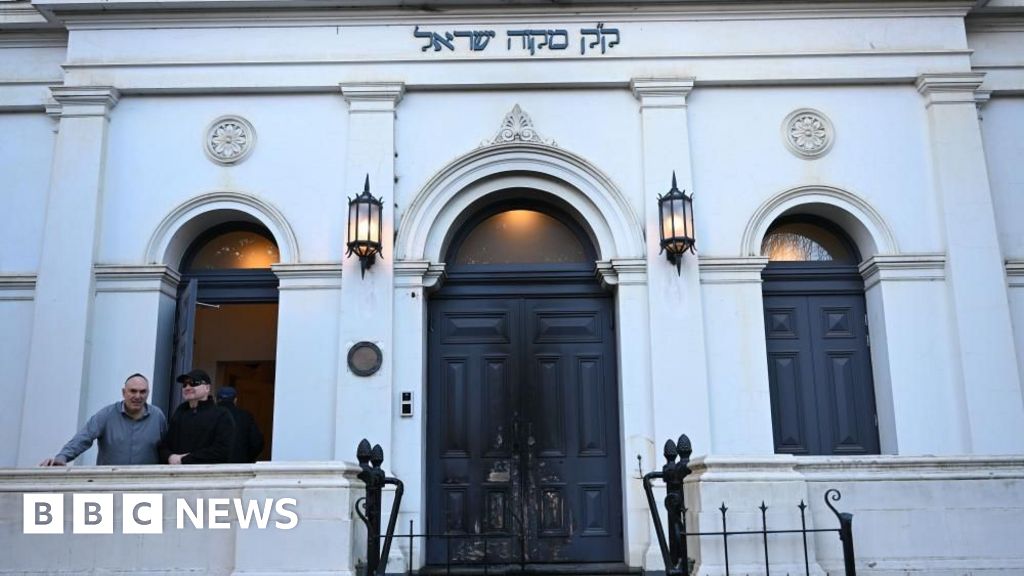
Australia Resists Repatriation of ISIS-Linked Citizens Amid Syria Crisis
Australia refuses to repatriate ISIS-linked citizens, citing national security amid a growing crisis in Syria.
Anthony Albanese, born on March 2, 1963, in Sydney, Australia, is an Australian politician serving as the 31st Prime Minister of Australia since May 23, 2022. He is a member of the Australian Labor Party and has represented the Sydney seat of Grayndler in Parliament since 1996. Albanese grew up in public housing raised by a single mother on a disability pension, a background that shaped his commitment to social equity and government support for disadvantaged Australians[2][5][8]. Albanese held several significant roles before becoming Prime Minister, including Minister for Infrastructure, Transport, Regional Development, and Local Government (2007–2010), during which he oversaw major nation-building projects such as roads, railways, and the National Broadband Network rollout, contributing to economic growth and improved connectivity across Australia[2][3]. He briefly served as Deputy Prime Minister in 2013. After the Labor Party’s electoral defeat in 2013, he continued in opposition and was elected leader of the Labor Party and Leader of the Opposition in May 2019, running unopposed[1][3]. As Prime Minister, Albanese’s government has pursued progressive policies including environmental protections, aiming for a 43% reduction in emissions by 2030, increased minimum wage, expanded support for workers, subsidized childcare, aged care reforms, and paid leave for domestic violence victims. His administration also donated $100 million in aid to Ukraine during the Russia-Ukraine conflict and restored diplomatic relations with China after a long freeze, marked by a key meeting with Chinese President Xi Jinping[1][4]. Albanese advocates for Indigenous recognition through a constitutional referendum to establish a Voice to Parliament, a move toward reconciliation with Aboriginal and Torres Strait Islander peoples[4]. Albanese is noted for his progressive stance on social issues, including support for abortion rights, drug decriminalization, same-sex marriage, transgender rights, and refugee acceptance. He has also emphasized strengthening Australia’s economic and military ties with Europe and the United States[1][4].

Australia refuses to repatriate ISIS-linked citizens, citing national security amid a growing crisis in Syria.

Australia unveils tough hate-crimes reforms and visa powers after Bondi attack, strengthening penalties and protections.

Mourners bury 10-year-old Matilda as Bondi Beach shooting kills 16 and injures 40; authorities vow crackdown on hate.

U.S. and Australia sign a critical minerals pact to diversify supply, increase investment, and cut dependence on China.

Tensions rise between Israel and Australia as Netanyahu accuses Albanese of betraying Israel over recognition of Palestine.

Australia's Prime Minister, Anthony Albanese, criticizes Israeli Prime Minister Benjamin Netanyahu for denying the war in Gaza and reaffirms support for Palestinian statehood.

A controversial decision by Australia to recognize Palestine as a state at the UN General Assembly has sparked potential repercussions and could have far-reaching implications for the region.

Australia's recognition of a Palestinian state is a step towards a more just resolution of the conflict, putting pressure on the US to reconsider its stance.

Australia's Prime Minister, Anthony Albanese, promotes cooperation in tourism and steel industries with China's President, Xi Jinping.

An analysis of the recent rise in antisemitism and its impact on society and politics in Australia and the US.

Government officials and citizens stand together against recent anti-semitic attacks in Australia.